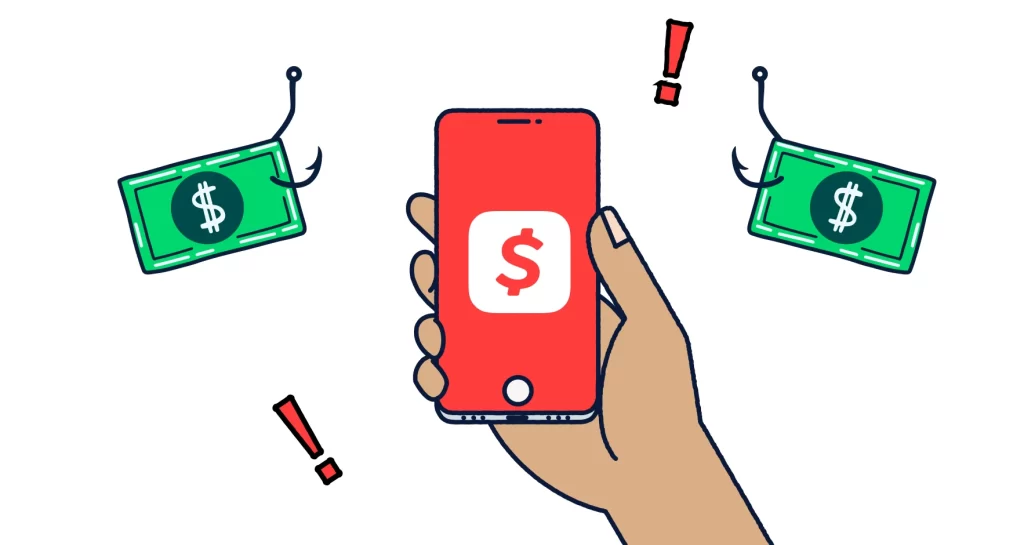How to Protect Yourself from Cash App Scams
Introduction
Cash App has become a popular way to send and receive money quickly, but it also attracts scammers looking to exploit users. Cash App scams can involve fraudulent customer support requests, fake giveaways, and phishing attempts, putting your personal and financial information at risk. In this blog, we will explore common Cash App scams and offer guidance on how to stay safe.
Common Cash App Scams
Fake Customer Support Scams
- Scammers pose as Cash App customer support representatives and contact users via phone, email, or social media, claiming there’s an issue with their account. They often ask for sensitive information like login credentials or request remote access to your device.
- How to Spot It: Cash App does not offer phone-based customer support. Be wary of unsolicited calls or messages claiming to be from Cash App.
Cash App Giveaway Scams
- Fraudsters promote fake giveaways on social media, asking you to send a small amount of money with the promise of a larger return.
- How to Spot It: Legitimate giveaways never require you to send money first. Be cautious of “too good to be true” offers.
Phishing Scams
- You may receive emails, texts, or messages that appear to be from Cash App, asking you to click on links or enter your account details to resolve issues or claim prizes.
- How to Spot It: Check for typos, generic greetings, and suspicious URLs. Never click on links in unsolicited messages.
Fake Payment Claims
- Scammers pretend to “accidentally” send you money and ask you to return it. The initial payment is often from a stolen account or reversed shortly after you send the money back.
- How to Spot It: Verify unexpected payments by contacting Cash App support directly. Do not send money without confirmation.
Cash Flipping Scams
- Fraudsters promise to “flip” your money, claiming they can increase your Cash App balance with a small initial investment.
- How to Spot It: No legitimate method exists to quickly multiply money on Cash App. Avoid anyone making such promises.
Red Flags to Watch For
- Unsolicited requests for personal or financial information.
- Requests for payments via gift cards, cryptocurrency, or unconventional methods.
- “Too good to be true” promises of quick returns.
- Unverified accounts claiming to be Cash App representatives.
How to Protect Yourself
- Avoid Sharing Personal Information: Never share your Cash App PIN, login credentials, or other sensitive data with anyone.
- Use Official Channels for Support: Contact Cash App directly through their official app or website for any account issues.
- Enable Security Features: Use features like two-factor authentication, PIN codes, and notifications for transactions to stay informed.
- Be Skeptical of Offers on Social Media: Only trust information from verified Cash App channels and avoid engaging with unverified promotions.
- Double-Check Before Sending Money: Confirm the recipient’s username, profile, and any payment requests before sending funds.
What to Do If You’re a Victim
- Report the Incident to Cash App: Use the app’s support feature or visit Cash App Support to report scams and unauthorized activity.
- Contact Your Bank: If linked accounts were compromised, notify your bank to stop or dispute unauthorized transactions.
- File a Complaint with the Federal Trade Commission (FTC): Visit www.ftc.gov/complaint to report fraud.
- Monitor Your Accounts: Regularly check your Cash App and bank accounts for unauthorized transactions.
Conclusion
Cash App makes sending and receiving money fast and convenient, but it’s essential to remain vigilant against potential scams. By recognizing common fraud tactics, protecting your personal information, and only engaging with trusted parties, you can keep your money and data secure. Stay informed, stay cautious, and never hesitate to report suspicious activity.







